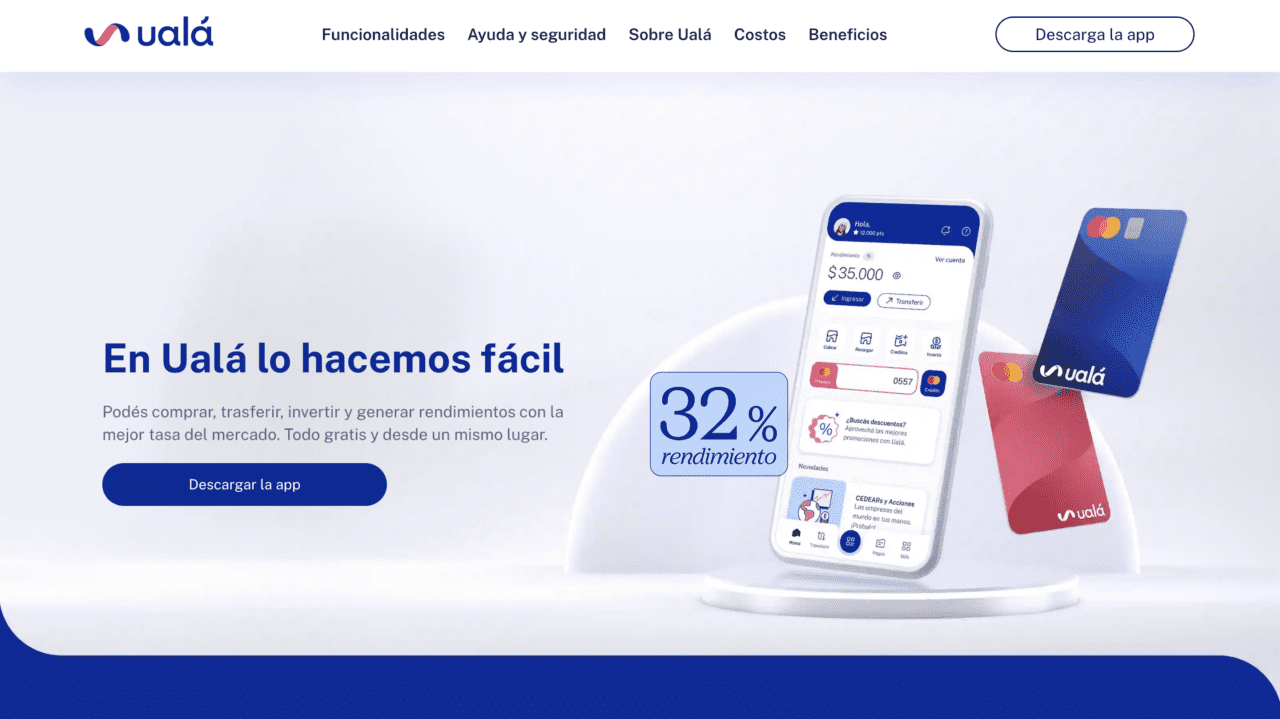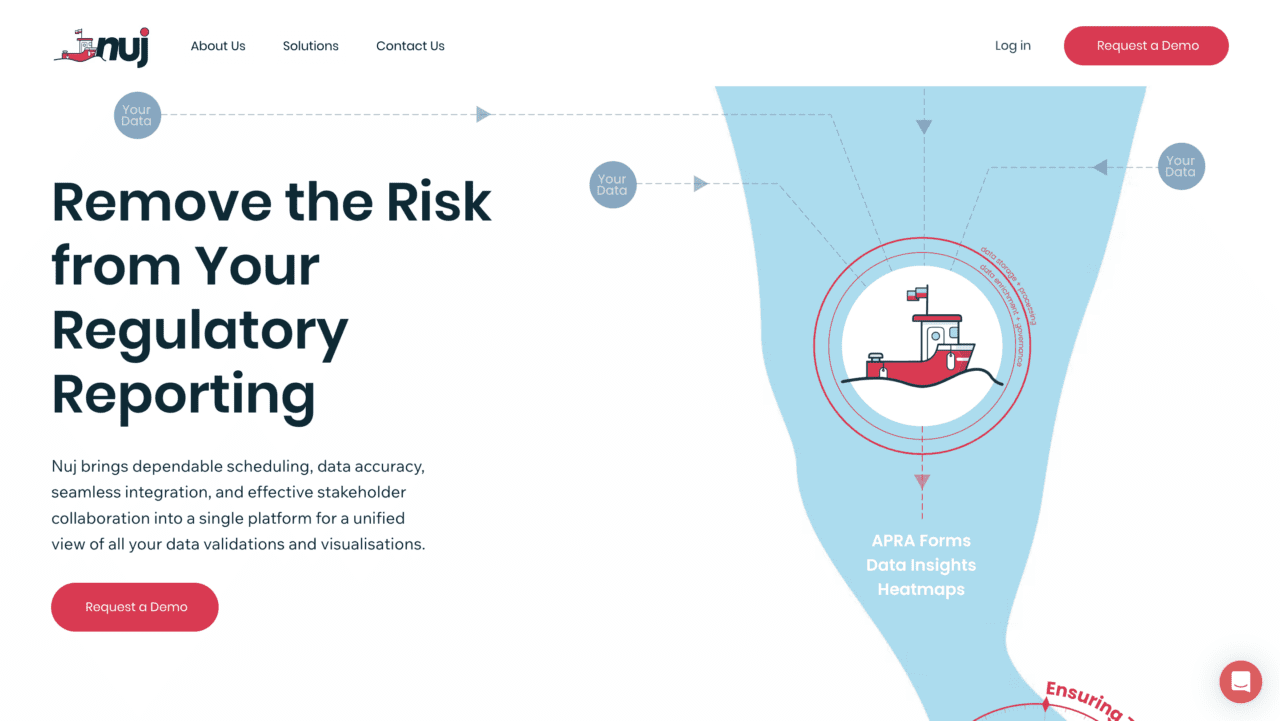
This week’s edition of Finovate Global looks at fintech headlines from companies headquartered in North Africa.
Fayda wallet goes live in Ethiopia
Designed to revolutionize the way Ethiopians access digital services, Ethiopia’s National ID Program (NIDP) has launched its FaydaPass wallet. The solution, developed in partnership with TECH5 and Visa, will help promote financial inclusion and address the need for verified electronic Know Your Customer (eKYC) services throughout society.
The wallet makes it easier for Ethiopians to secure a digital copy of the Fayda credential by enabling them to download the official app and request their digital ID credentials via the wallet. The Fayda ID system uses its data to generate the secure credential, which is delivered directly to the user’s mobile device as a verifiable credential (VC). The verifiable credential supports secure on- and offline verification for a wide range of use cases including payments and digital access to government services.

“A credential wallet would be a container for government and private sector issued standardized verifiable credentials,” NIDP Executive Director Yodahe Zemichael said. “It’s an exciting new way of delivering value to citizens and extending the functionality of Fayda Digital ID.”
Ethiopian digital-first Coopbank announced that it would leverage the Fayda app and its advanced biometric eKYC verification to enable customers to open new bank accounts. The institution’s CEO Deribie Asfaw said that the new offering will help it “reach financially marginalized communities who have long been excluded from the formal financial system due to the absence of such robust infrastructures.” Asfaw added, “This brings us one step closer to the community and reinforces our commitment to leaving a meaningful mark on the country’s digital transformation journey.”
Founded in 2005, Coopbank (Cooperative Bank of Oromia) was established by farmers and still counts farmers as more than half of its shareholders. With a focus on the country’s micro, small, and medium-sized farming and agricultural sector businesses, the institution has assets of ETB 139.56 billion ($1.04 billion), operates 745 branches, and has more than 14.5 million accountholders.
TerraPay, Wave Mobile Money partner on remittances to Mali
A partnership between international money movement company TerraPay and African mobile money provider Wave Mobile Money will enhance cross-border remittances services in Mali. The collaboration will enable Malians to receive funds from family and friends living and working abroad directly into their Wave mobile wallets. This will provide for a faster, more accessible, and cost-effective international remittance experience.
Mobile phone penetration in Mali is high, with more than 80% of the population using the technology. Many Malians rely on mobile phones for mobile money and digital wallet services, making the devices a key component of financial inclusion in the country for millions—especially the un- and underbanked. The partnership between TerraPay and Wave Mobile Money will facilitate remittance flows from Money Transfer Operators (MTOs) through the US, Canada, and Europe to Mali via a single integration.

“Our partnership with Wave Mobile Money marks a significant milestone in our mission to power borderless money movement,” TerraPay Vice President—Sub Sahara Africa, Willie Kanyeki said. “By enabling instant, cost-effective, and fully compliant remittances from key markets like the US, Canada, and Europe, we are simplifying financial access and driving financial inclusion in Mali.”
TerraPay enables payments to 150+ receiving countries and 210+ sending countries. The company’s platform facilitates payments to more than 3.7 billion mobile wallets, 7.5 billion bank accounts, and more than 12 billion cards. Founded in 2014, TerraPay is headquartered in London. Co-founder Ambar Sur is CEO.
Founded in 2018 and operating in Mali since 2021, Wave Mobile Money offers domestic and cross-border transfers, bill payments, and business services to customers in Senegal, Côte d’Ivoire, Uganda, Gambia, Sierra Leone, Mali, and Burkina Faso. Headquartered in Dakar, Senegal, Wave Mobile Money is on a self-described mission to make Africa “the first cashless continent.” Drew Durbin and Lincoln Quirk are Co-Founders.
Tunisia’s Konnect Networks secures investment
Tunisia’s Konnect Networks has raised an undisclosed amount from Attijariwafa Ventures. The investment was part of a wider fundraising effort that featured Utopia Capital Management, 54 Collective, Visa, Plug and Play Tech Center, Renew Capital, Digital Africa Ventures, and Sunny Side Venture Partners as investors. The company said it would use the capital to help fuel both its continued expansion and further innovation in payments technology.

Founded in 2021 by Amin Ben Abderrahman, Konnect Networks provides payment links, e-commerce plugins, and APIs. Serving both retail and business customers, the firm’s payment orchestration platform covers online and point-of-sale payments, payment aggregation, and real-time transaction capabilities. The company’s funding news comes in the wake of it being approved as a Payment Facilitator (PayFac) by Tunisia’s central bank. Konnect Networks currently has 2,000 users of its technology in Tunisia.
Konnect Networks is just one of a number of innovative new fintechs headquartered in Tunisia making fintech headlines of late. Other notable startups in the news include financial super app Flouci, named one of 2025’s 50 most influential fintechs in MENA by Forbes Middle East, and EasyBank, a fintech offering digital banking solutions that raised $370,000 at the beginning of the year.
Here is our look at fintech innovation around the world.
Sub-Saharan Africa
- South African fintech Sava secured $2 million in pre-seed funding.
- International money movement company Terrapay teamed up with Wave Mobile Money to enable cross-border remittances for users in Mali.
- Disrupt Africa discussed the relationship between traditional savings systems and fintech innovation.
Central and Eastern Europe
- Polish fintech BidFinance locked in €1.6 million in seed funding ahead of its plans for expansion into the Nordics.
- Estonian fintech Income announced plans to raise €1.5 million to grow its private debt investment platform.
- Czech IT services provider IBA Group forged a strategic partnership with digital transformation company Berexia.
Middle East and Northern Africa
- MENA-based digital private wealth platform Vault went live this week.
- Israel-based fintech Sequence raised $7.5 million at a valuation of $14.5 million to support its financial management platform.
- Emirates NBD selected global Know Your Payee (KYP) validation provider iPiD.
Central and Southern Asia
- Indian fintech CRED secured $75 million in funding to further develop its credit card business.
- TBC Bank Uzbekistan integrated customer experience solution provider Genesys’ Engage platform into its customer care operations.
- Times of India looked at the current state of the country’s fintech sector, including its potential for growth via product expansion.
Latin America and the Caribbean
- The Japan International Cooperation Agency inked a deal to invest in Brazilian agri-fintech Agrolend.
- Mercado Pago announced plans to apply for a banking license from the Central Bank of Argentina.
- Méliuz became Brazil’s first publicly traded Bitcoin treasury company this week.
Asia-Pacific
- Paytech Tribe Payments entered into a strategic collaboration with Singapore-based fintech Finmo.
- Visa went live with Click to Pay in Hong Kong in partnership with digital bank ZA Bank.
- Cryptocurrency exchange ByBit secured a Markets in Crypto-Assets Regulation (MiCAR) license in Australia.


































